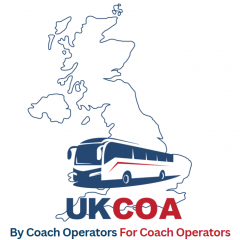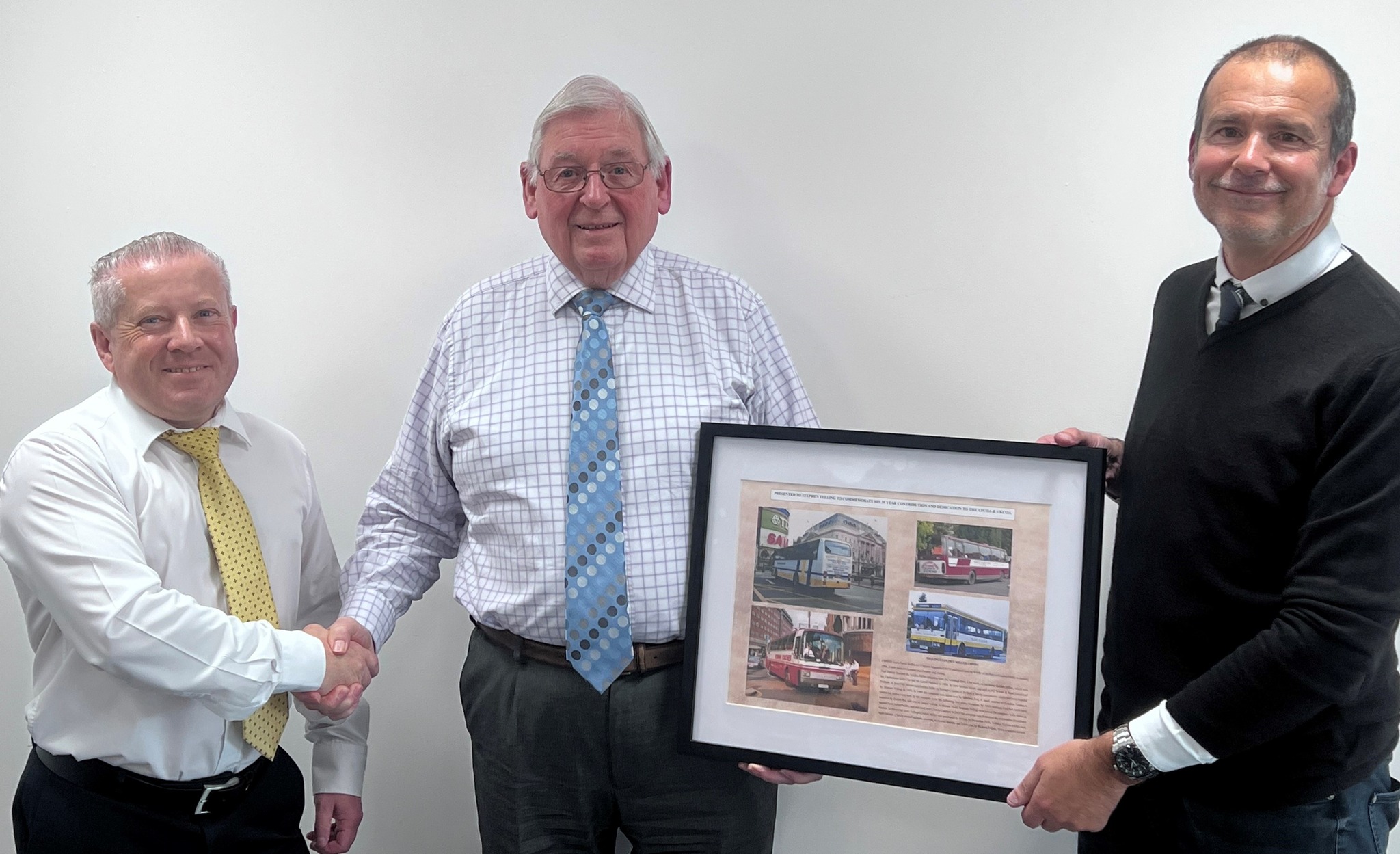When there’s any sort of disruption in the channel, HGV traffic on the M20 heading for the Port of Dover or the Eurotunnel has nowhere to go.
‘Brock’ is a contraflow that can be set up overnight. It separates traffic into different lanes across both carriageways and keeps the M20 and other local roads open and moving.
It means, once the contraflow is in, if you’re on the M20 but not going to the port or the Eurotunnel, you can continue your journey as normal. At the same time, it helps control how port-bound HGVs make their way to the Port of Dover or the Eurotunnel.
Freight drivers – be sure to use the correct lane
Use an M20 contraflow lane if you’re delivering to a location in Kent or returning to base in Kent.
Use the correct coastbound Brock lane if you’re travelling to Europe including via services or the Inland Border Facility.
M20 is open with Contra flow in use
M20 is closed coastbound between junctions 8 and 9
M20 coastbound between junctions 8 and 12 open for EU freight only
Non-EU freight and all other vehicles must leave at junction 8 and follow the diversion. EU freight should stay on the M20 and join the queue.
M20 London bound between junctions 12 and 8 is open as normal.
M20 coastbound between junctions 8 and 9 open for EU freight only
Non-EU freight and all other vehicles must leave at junction 8 and follow the diversion route using the A2, M2 and A20. EU freight should stay on the M20 and join the queue.
M20 London bound between junctions 9 and 8 is open as normal.

